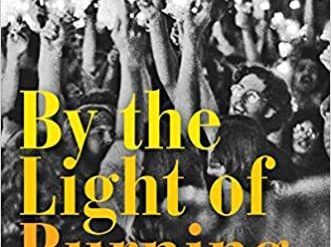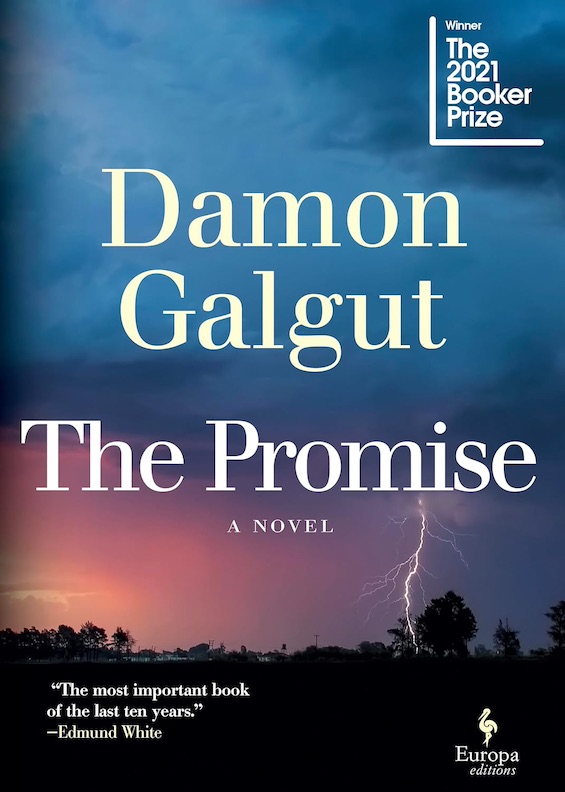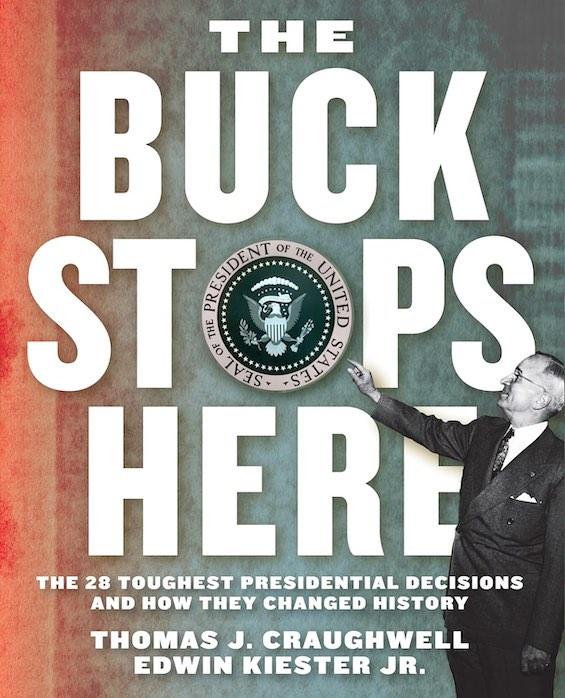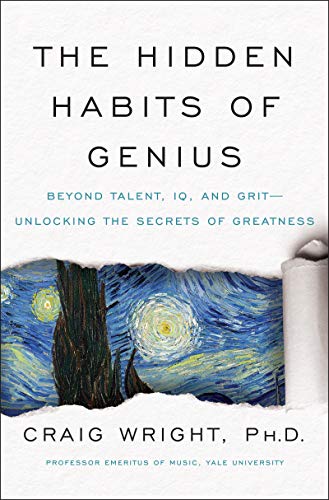
Estimated reading time: 7 minutes
Mozart. Joan of Arc. Einstein. Marie Curie. Steve Jobs. In The Hidden Habits of Genius, Craig Wright plumbs the depths of human capacity in nearly 100 extraordinarily successful individuals through the ages. In them, he finds the characteristics of genius that enable mere human beings to reach such heights of accomplishment that their efforts change society for millions of others and often resonate in memory for centuries to come. These fourteen traits he calls “hidden habits.”
Genius doesn’t mean what you probably think it means
For Wright, “genius is creativity and creativity involves change.” A genius, in his view, is not simply a person of exceptional ability. “A genius,” he explains, “is a person of extraordinary mental powers whose original works or insights change society in some significant way for good or ill across cultures and across time.” But this is not what the author expected to find when he set out on his research. “I had in my mind a picture of the genius: someone with a superhigh IQ who, even as a youth, has sudden ‘aha’ insights, yet is eccentric and unpredictable. Every feature of this stereotypical imagine, I have now learned, is wrong or inaccurate in most cases.”
The Hidden Habits of Genius: Beyond Talent, IQ, and Grit—Unlocking the Secrets of Greatness by Craig M. Wright (2020) 317 pages ★★★★★
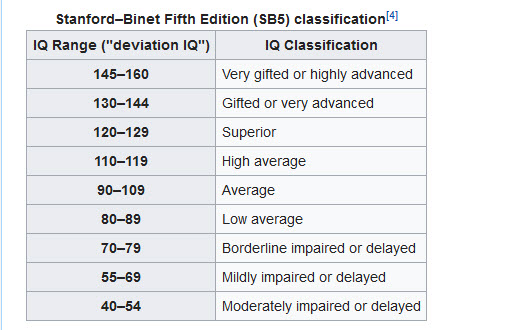
100 geniuses profiled
Wright delves into the lives of nearly 100 extraordinary individuals over the span of recorded history. Nearly all of them are boldface names we all readily recognize (or should). Scientists, musicians, painters, writers, politicians—they’re drawn from every walk of life. And, as Wright takes pains to point out, most of them have been extremely unpleasant people, who have treated their families and others around them very poorly. However, Wright does not include in his tally such legendarily bad actors as Ghengis Khan, Adolf Hitler, Joseph Stalin, and Mao Zedong, all of whom clearly fit his definition of genius for their impact on society. Wright errs on the side of constructive impact, not destructive.
The fourteen characteristics of genius
In each of fourteen chapters, Wright elaborates on one of the “hidden habits” he perceives in genius. He sums them up in the introduction but doesn’t later name them as such. Here they are:
- Work ethic
- Resilience
- Originality
- Childlike imagination
- Insatiable curiosity
- Passion
- Creative maladjustment
- Rebelliousness
- Cross-border thinking
- Contrarian action
- Preparation
- Obsession
- Relaxation
- Concentration
Perhaps it’s obvious, but the point may need emphasis: every genius doesn’t necessarily exhibit all fourteen of these traits. In fact, I’d be surprised if any of them did. But every genius shows evidence of the majority of these “hidden habits.”
Is IQ a measure of genius?
Can IQ tests measure genius? Wright powerfully makes the case that this may be the greatest fallacy of all about genius. In underlining the point, he cites “a famous ‘genius test’ conducted at Stanford by Lewis Terman and colleagues from the 1920s into the 1990s, a cohort of 1,500 youngsters with IQs over 135 [that] ultimately failed to produce a single genius.”
Consider the question from a statistical perspective. About 1 in 31,560 individuals achieves an IQ score of more than 160, a level that’s frequently cited as indicating “genius.” There are some 7.8 billion people in the world. Which means that, if everyone could be tested, we would assume that roughly 247,000 people are geniuses. Does this make sense? Cut the number in half and half twice again, just to be safe, and you’re left with about 31,000. Are there 31,000 people in the world destined to “change [the world] for good or ill across cultures and across time?” I don’t think so. Do you? But might that IQ score simply be too low? Try 165 instead. Approximately 1 in 100,000 people are tested at that level or above. And if we perform the same calculations, we find that some 9,750 must be geniuses. Which is also absurd on the face of things.
On a personal note
Perhaps, then, we should look even higher on the IQ scale. The chances of scoring 200 on the Stanford-Binet intelligence test are 1 in 4,852,159,346. That’s 1 in 4.8 billion people, which means that such a person would presumably be alone in the world. But IQ, after all, is a measure of potential, not of achievement. And I happened to know a youngster in my home town who was reliably said to have an IQ at that level. He went to Harvard at age 11. And died of a heroin overdose the following year.
Not convinced by any of this? I’ll add another personal note. When I was a child of three or four, my parents sent me to a licensed psychologist to determine my IQ. I was what was regarded as precocious. Distrusting the result, they got a second opinion. A year or two later, they had me tested again. As my mother told me many years later, I scored 165, 168, and 172 on these tests. (Yes, I still remember these numbers. I obsessed about them for far too long and wish she’d never told me.) Does this high IQ mean I’m a genius? Nonsense! Not even close.
I’ve led a productive life for 80 years and become reasonably successful, but in no way, shape, or form have I changed the world, or even a very small part of it. I’m certain I’m of above average intelligence, but I frequently encounter people who run intellectual circles around me. And I often have trouble understanding densely written text. Genius as Craig Wright sees it, and as I see it, is exceedingly rare—and it’s clearly got little or nothing to do with IQ.
For a reasonably well-balanced summary of what’s known about IQ, see “What is a genius IQ score?”
A text marred by occasional errors
Wright has been teaching a course on genius at Yale for many years. The research he (or his graduate students) conducted to supply the details he cites in the book must have been extensive, indeed. However, it’s difficult for me to accept it all as gospel, because minor errors crop up in the text. For example, the sun is not the center of the galaxy (which is in fact some 26,000 light-years distant). And Mark Twain did not say or write “The coldest winter I ever spent was a summer in San Francisco” (no matter how many times others have attributed the saying to him).
It’s not too much of a stretch to think that similar errors might have crept into Wright’s stories about the lives of the people he profiles. Still, nearly everything in the book of which I had prior knowledge squared with what I know, so I’m inclined to regard the errors as minor slip-ups and not consequential.
About the author
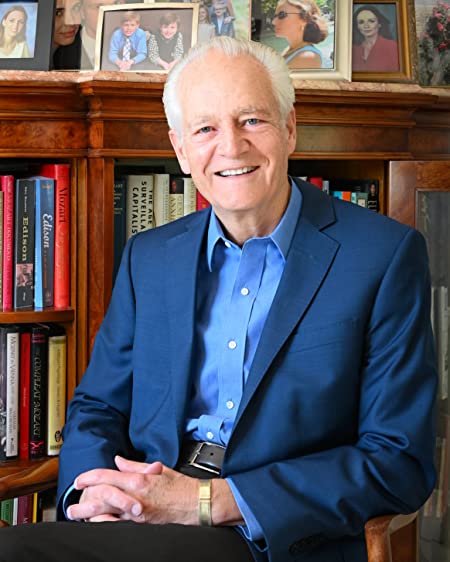
Craig M. Wright (1944-) was a professor of music at Yale University for decades and is now emeritus. He holds an MA and PhD in musicology from Harvard. The Hidden Habits of Genius is his seventh book. It followed his deep dive into the life of Wolfgang Mozart and Wright’s determination to understand the roots of the man’s genius.
For related reading
This book is among The best nonfiction of 2022 and it’s one of the top 10 nonfiction books that changed my thinking.
For a different take on this subject, see Malcolm Gladwell’s 2008 book, Outliers. I read the book before launching these reviews and found in it an engaging discussion of what it takes to reach extraordinary heights of performance.
You might also enjoy:
- 10 best books about innovation
- Science explained in 10 excellent popular books
- Great biographies I’ve reviewed: my 10 favorites
And you can always find my most popular reviews, and the most recent ones, on the Home Page.




